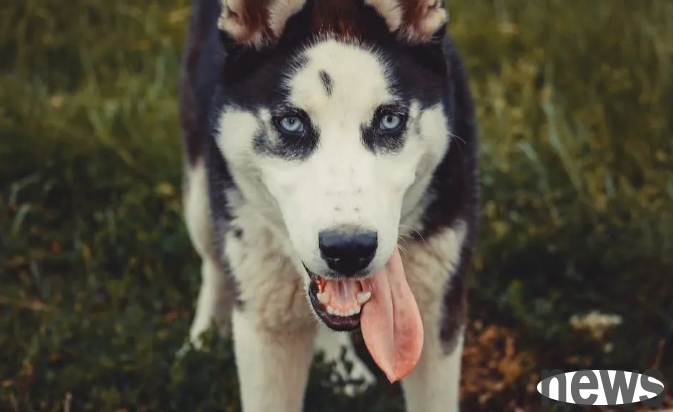The sudden appearance of hyperactivity may indicate a dog's health problems or other potential factors. Understanding the possible causes of these symptoms is very important in protecting the health of the dog and taking appropriate measures in...
The sudden appearance of hyperactivity may indicate a dog's health problems or other potential factors. Understanding the possible causes of these symptoms is very important in protecting the health of the dog and taking appropriate measures in a timely manner.
First, sudden symptoms of hyperactivity may be related to the physiological causes of the dog. For example, hyperthyroidism (hyperthyroidism) is an endocrine problem that can cause symptoms of hyperthyroidism in dogs. When the dog's thyroid gland secretes too much thyroxine, symptoms such as hyperactivity, anxiety, increased appetite and weight loss may occur. In addition, problems with the central nervous system, such as brain tumors or other neurological diseases, may also cause dogs to experience sudden hyperactivity.

Secondly, environmental and social factors may also cause symptoms of hyperactivity to dogs. Dogs may react excessively to new environments, stimulation, or social interactions. For example, when a dog is stimulated by other dogs or is in a new environment, it may experience unusually excited behavior. Excessive excitement may also be associated with prolonged loneliness, lack of adequate exercise and stimulation, which may cause dogs to experience excessive excitement.
Drug or poisoning may also be one of the causes of sudden hyperactivity symptoms for dogs. For example, certain drugs, insecticides, and some drugs that dogs accidentally come into contact with may cause nervous system excitement, manifested as symptoms such as abnormal excitement, anxiety, and abnormal behavior of dogs. In addition, side effects of some prescription drugs may also cause similar reactions in dogs.
For dogs' sudden symptoms of hyperactivity, the owner should consider seeking medical treatment in time and consult a veterinarian for diagnosis. Veterinarians are able to perform relevant examinations and assessments to determine the specific cause of these symptoms in the dog. Depending on the actual situation, the veterinarian may perform some blood and urine tests to rule out hyperthyroidism, central nervous system problems, and other underlying diseases. Additionally, a veterinarian may ask the dog about his recent diet, medications and environment to rule out the possibility of poisoning.

While waiting for medical treatment, the owner can take some measures to help control the dog's hyperactivity symptoms. First, try to give dogs more exercise and outdoor activities to help them consume energy and thus slow down their excitement. Secondly, providing a quiet and comfortable environment to avoid excessive stimulation and social interaction can help relieve dogs’ tension and anxiety. Also, avoid any irritants or medications that may cause your dog to be excited and minimize their uneasiness.
The sudden symptoms of hyperactivity in dogs may come from a variety of reasons, including physiological problems, environmental stimulation, poisoning, etc. For these symptoms, the owner should seek medical attention promptly and consult a veterinarian for professional advice and diagnosis. By promptly identifying and dealing with dogs’ health problems, they can help them get rid of their symptoms and get a healthier and happier life.